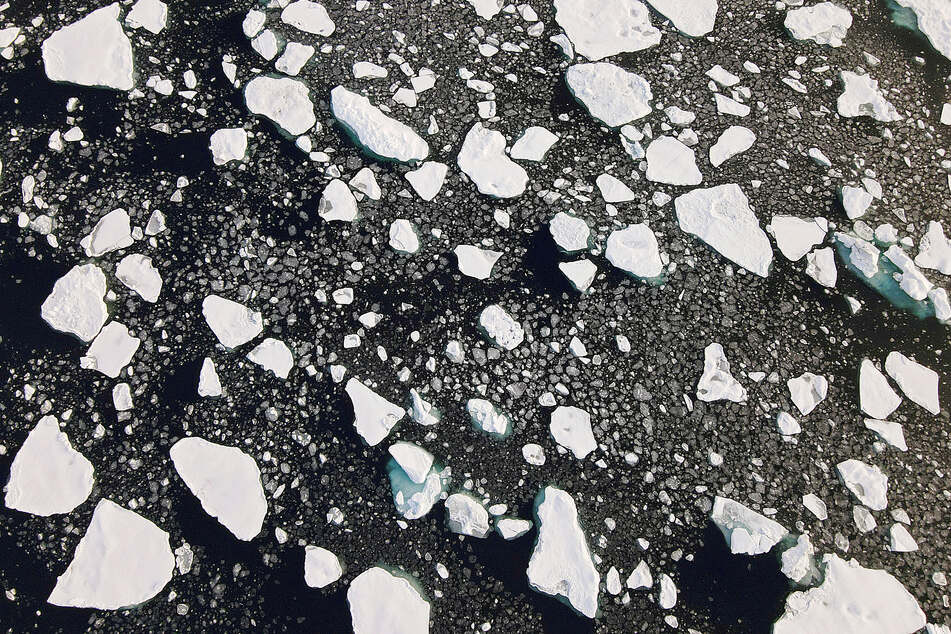Microplastics discovered in fresh Antarctic snow for the first time
Antarctica - Microplastics have been discovered in Antarctic snow for the first time, according to research published Wednesday.

Microplastics are defined as any piece of plastic smaller than .2 inches in length.
University of Canterbury student Alex Aves collected snow samples from 19 sites across the Ross Ice Shelf in Antarctica in 2019 and said she was shocked to find microplastics in every sample.
"It’s incredibly sad, but finding microplastics in fresh Antarctic snow highlights the extent of plastic pollution into even the most remote regions of the world," she said.
Her research, published in The Cryosphere, found an average of 29 microplastic particles per quarter gallon of melted snow.
The density of microplastics was nearly three times higher immediately next to the scientific bases on Ross Island, Scott Base, and McMurdo Station.
Of the 13 different types of plastic found, the most common was PET, which is often used to make soft drink bottles and clothing.
Microplastics all over the world
Microplastics may have travelled thousands of miles through the air, but it's just as possible that the presence of humans in Antarctica established a microplastic footprint, the study authors say.
The research confirmed what scientists expected, Institute of Environmental Science and Research senior scientist Olga Panto said.
"It really is impossible for any organism to now avoid the impacts of human activity, similar to the way that all environments and organisms are impacted by human-driven climate change," she added.
Panto warned that significant steps are needed to reduce the use and management of plastics.
Cover photo: REUTERS
